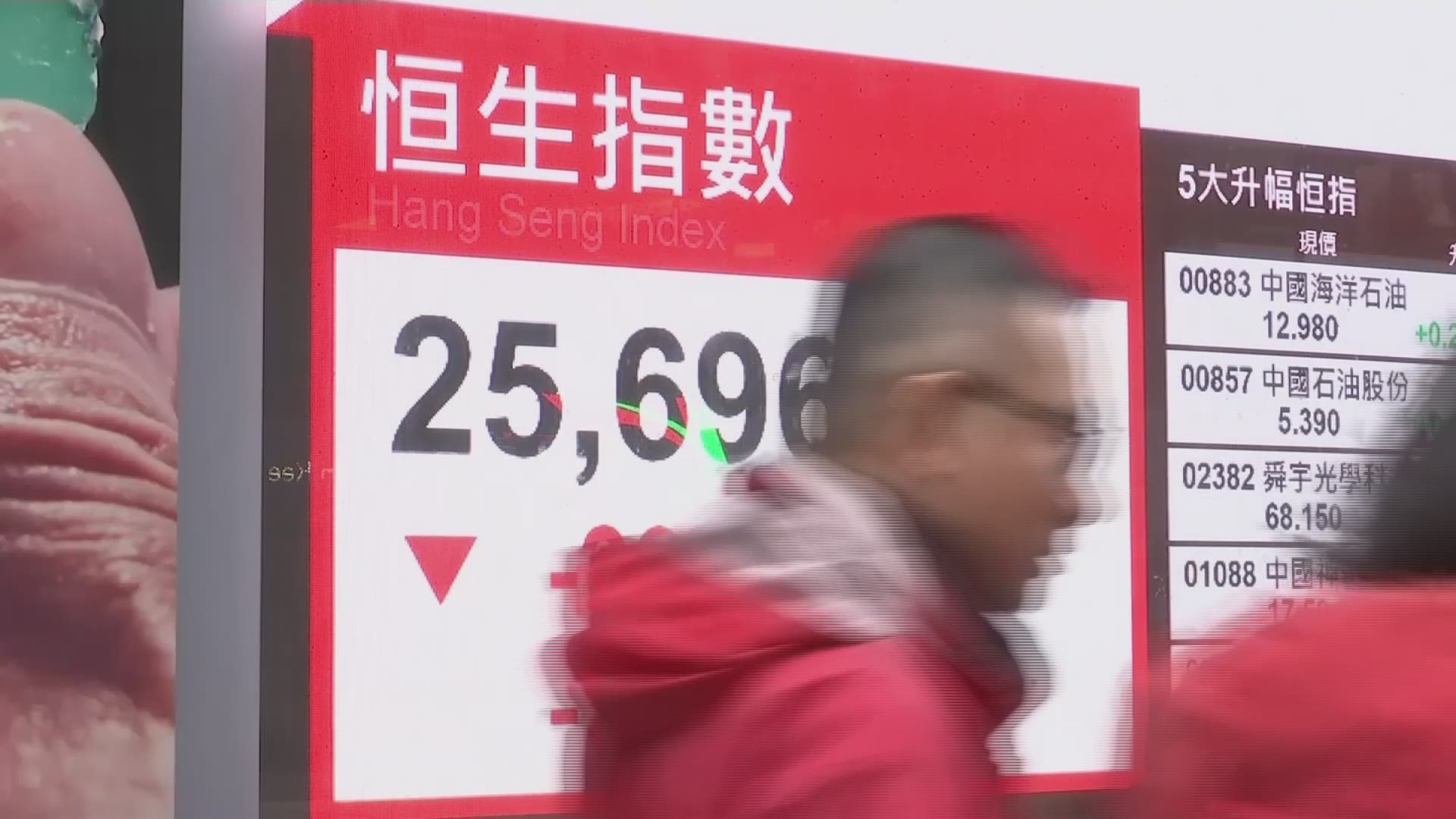Stocks slipped in afternoon trading Monday, as investors fretted over rising trade tensions between the U.S. and China, and the delayed vote in the U.K. on its exit from the European Union.
Lingering worries from last week's flattening yield curve also kept market watchers anxious.
The Dow Jones Industrial Average lost 90 points, or 0.37 percent, to 24,299 in afternoon trading. The Standard & Poor's 500 fell 0.34 percent, while the tech-heavy Nasdaq stayed in positive territory, up 0.23 percent.
"We continue to deal with volatility in the market, because there is so much policy uncertainty plaguing the market," said Brian Levitt, senior investment strategist at Oppenheimer Funds.
The declines Monday follow a painful showing last week when the Dow finished 4.5 percent lower.
On Sunday, China called on the U.S. ambassador to protest the arrest of telecom giant Huawei's chief financial officer, adding pressure on the two countries as they navigate trade issues. Also on Monday, British Prime Minister announced that she would delay the Tuesday vote on the Brexit plan because she didn't have enough support for the measure to pass.
200-day average, a death cross. (Photo: mikolajn / iStock)
"That was kind of one-two punch for a technically susceptible market," said John Lynch, chief investment strategist at LPL Financial.
While Lynch noted that other indicators - such as last week's strong manufacturing and services numbers - support a solid economy, "these fundamentals are not enough and the market will do what it wants to do," he said.
A Chinese court also on Monday held up Qualcomm's injunction against some iPhone imports into the country. Apple plans to dispute the ruling. That put pressure on Apple shares in early trading, but the stock rebounded in afternoon trading and was up 0.3 percent to $168.99.
Market watchers also remain jittery after the two-year Treasury note yield rose above the interest paid by its five-year counterpart last week. When short-term rates rise above longer-term ones - called a yield-curve inversion - it historically indicates an economic slowdown is in the offing.
"I think these markets, regardless where we end today, will remain under pressure until we get greater clarity as we head into 2019," Levitt said.

